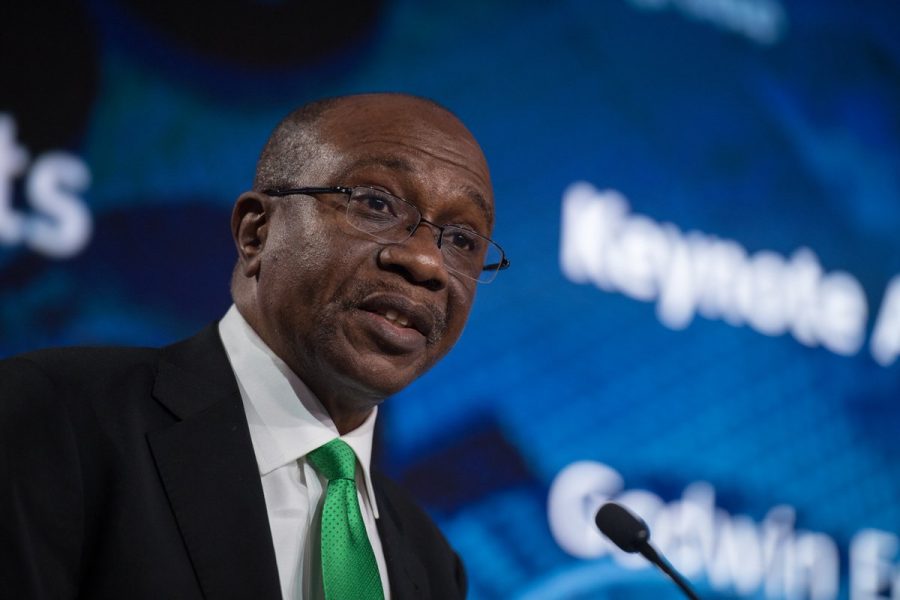Nigeria’s external reserve has reduced by $3.22 billion from $45.07 billion as at end of June 2019 to $41.85 billion by the end of September 2019.
The development is attributed to the impact of volatility in the price of crude oil, a slowdown in dollar inflows from Foreign Portfolio Investors (FPIs), and increased dollar sales by the Central Bank of Nigeria.
Analysts projected that the downward trend, which started from $45.149 billion on July 5th, would likely persist this month, with the possibility of touching the $40 billion mark.
[READ MORE: Nigeria’s foreign reserves shed $1 billion, biggest fall in 17 months]
On factors that will impact the reserve this month in his monthly economic review in Lagos recently, Chief Executive Officer, Financial Derivative Company Limited, Mr. Bismack Rewane said, “Demand for dollars will increase in the coming month due to inventory build-up ahead of Christmas and this will mount pressure on external reserve, hence gross external reserve level may decline to $40 billion. I am cautiously optimistic that the reserve will stay above $41 billion this month because when it falls below $41 billion everybody begins to panic.”
Executive member, Corporate Banking, FSDH Merchant Bank, Ayo Akinwunmi, said, “The direction of the reserve in October is unpredictable. However, if it continues to decline the way it did between August and September when it fell by about $3 billion, it may go below $40 billion by the end of this month.
“And as the reserves drop, foreign portfolio investors will be hesitant to bring in their money and this will further reduce accretion to the reserve.”
[READ ALSO: Nigeria’s External Reserves drop by $2.9 billion, hit 10-month low]
Akinwunmi explained that while FPIs still find the Nigerian market attractive due to the huge difference between yields on the one year Treasury Bill (TB) in the United States and Nigeria which, for now, overcompensate for the risk of devaluation, further fall in the reserves below $40 billion may, however, trigger serious concerns among the FPIs.
